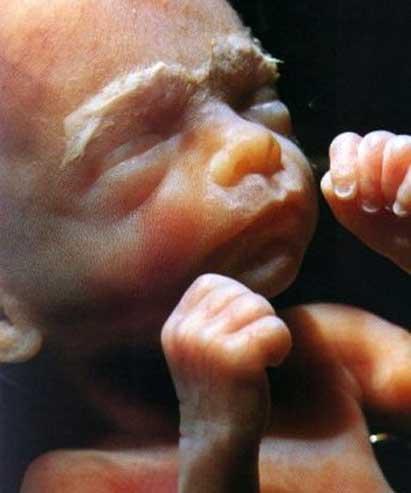Innovative genetic test to detect Down syndrome
2001/07/03 Elhuyar Zientzia

The
test is simple and economical and its application in vitro fertilization.
Researchers from the Monash Institute of Reproduction and Development of Australia announced yesterday the test in Lausanne, at the annual meeting of the European Association of Embryology and Human Reproduction. The innovative test analyzes specific genetic marks to detect whether or not the embryo to be implanted in the uterus will develop Down syndrome.
Down syndrome occurs in people with chromosome 21 tripled. Among children born alive, one in 700 suffer from syndrome, but the percentage is higher among those born dead and abortions. Researchers at the Monash Institute have identified six specific points on chromosome 21 and, after analyzing them, can know the number of copies of chromosome 21 in a cell.
This test compares the marks of a normal person, another with Down syndrome and the embryo. In 94% of cases, the embryo has two or three copies of chromosome 21.
The test is very simple, as it only requires the study of a single cell and is quite cheaper than those used so far. In addition, like Down syndrome, it can be used to detect other diseases produced by a single gene. They are already doing it.

Gai honi buruzko eduki gehiago
Elhuyarrek garatutako teknologia





